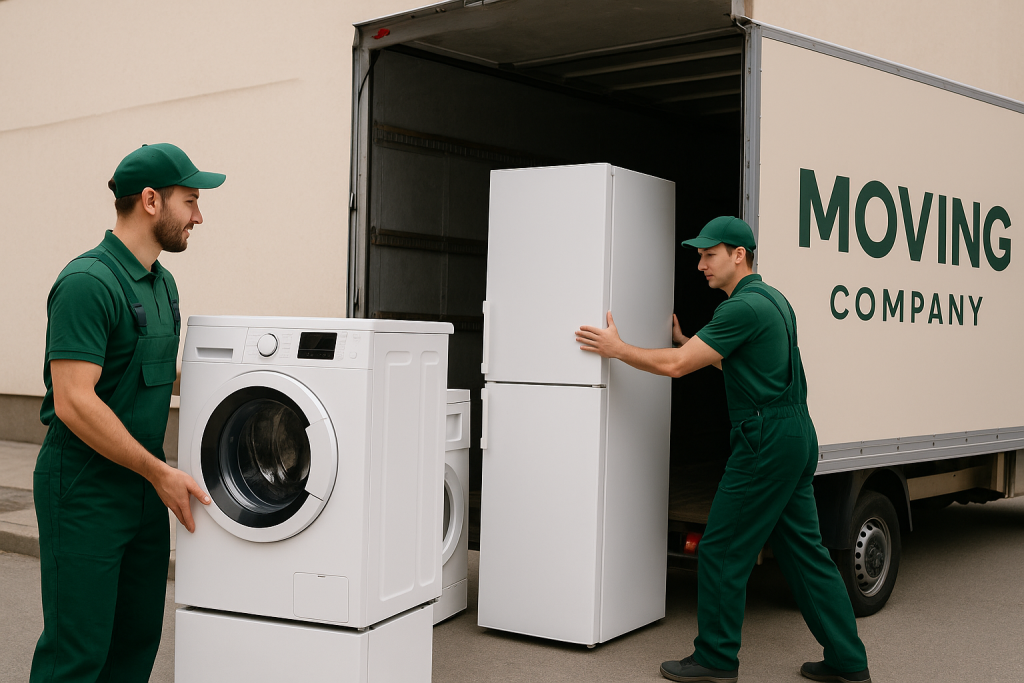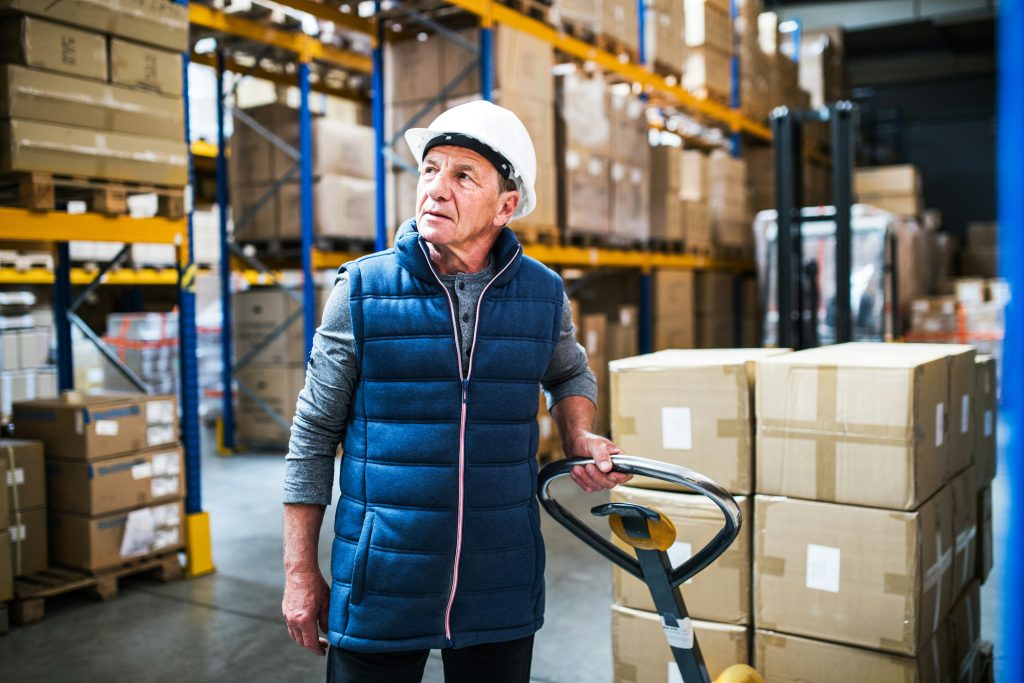Safe Appliance Movers for Seamless Relocation

Moving large appliances, such as refrigerators, washing machines, and dishwashers, can be a stressful and risky part of any move. Whether you are relocating to a new home or shifting your business equipment, these heavy items require professional care. Appliance movers are experts in the safe and efficient transportation of bulky appliances, ensuring everything arrives undamaged and on time.
Why Choose Safe Appliance Movers?
Moving heavy appliances is not only physically challenging but also requires careful handling to prevent accidents and damage. Appliance movers are skilled at handling these heavy loads with the right equipment and techniques. Here are some reasons why you should hire professional movers:
- Safety: Trained movers know how to handle large appliances without causing injury or property damage.
- Efficiency: They can quickly move appliances, saving you time and reducing the hassle of your move.
- Damage Prevention: Professional movers utilize the proper materials, including moving blankets, straps, and padding, to prevent scratches, dents, and other types of damage.
Finding Heavy Appliance Movers Near Me
If you’re looking for heavy appliance movers near me, it’s crucial to choose a company with proven expertise in moving large, cumbersome items. These experts have specialized equipment, such as dollies, ramps, and secure straps, to transport your appliances to your new home or business safely. Whether it’s a refrigerator, washing machine, or stove, they ensure your appliances are moved without a hitch.
The Role of Commercial Appliance Movers

For businesses, especially in the food and hospitality industries, commercial appliance movers are indispensable. Moving industrial-grade equipment such as walk-in freezers, ovens, or dishwashers requires specialized skills. These movers understand the nuances of handling large commercial appliances, ensuring that the equipment is transported safely and your business’s operations experience minimal interruption.
How to Choose the Right Appliance Moving Company
Choosing the right appliance moving company is critical to ensure a smooth and stress-free move. Here are a few things to consider:
- Experience: Look for a moving company with experience in handling both residential and commercial appliances.
- Insurance: Ensure the company offers insurance coverage for potential damages that may occur during the move.
- Full-Service Options: A reputable company should provide comprehensive services, including disassembly, packing, transportation, unloading, and reinstallation.
- Customer Feedback: Check reviews and testimonials to ensure you’re hiring a reliable and trusted service provider.
Benefits of Using an Appliance Moving Service
An appliance moving service helps you by taking care of the entire moving process from start to finish. Some of the key benefits include:
- Packing and protection: Movers use heavy-duty materials to wrap and secure your appliances for safe transport.
- Efficient Loading and Unloading: Professional movers ensure the safe loading and unloading of your appliances, preventing damage or injury.
- Reinstallation: Some moving companies also offer reinstallation, so your appliances are set up and ready to use in your new space.
Specialized Care for Kitchen Appliances Movers
Kitchen appliances, such as refrigerators, stoves, and dishwashers, often require special handling. Kitchen appliance movers are trained to deal with both freestanding and built-in appliances. They ensure that your appliances are disconnected, moved, and appropriately reconnected without causing damage to the appliances or your home.
Preparing Your Appliances for a Move
Proper preparation can make the moving process much easier. Here’s what you can do to prepare:
- Clean and empty refrigerators, freezers, and other appliances to prevent leaks or odors during transport.
- Remove loose items, such as trays, shelves, and accessories, that could get damaged.
- Disconnect utilities such as gas, water, or electricity before the movers arrive.
- Measure doorways and hallways to ensure your appliances fit through easily.
Why You Shouldn’t Attempt to Move Appliances Yourself
While moving appliances yourself might seem like a way to save money, it’s essential to consider the risks involved. Large, heavy items are difficult to move, and without the proper equipment, you risk damaging your appliances or injuring yourself. Appliance movers have the experience and equipment to safely handle heavy items, minimizing the chances of damage to your property or appliances.
FAQs
Q1: How much do appliance movers charge?
Costs vary depending on the size of the appliance, distance, and complexity of the move. Generally, local moves are more affordable than long-distance ones.
Q2: Do appliance movers disconnect and reinstall appliances?
Yes, many appliance moving services provide disassembly and reinstallation as part of their package. Be sure to confirm this with the company when booking.
Q3: How should I prepare my refrigerator for moving?
Clean and defrost the refrigerator 24 to 48 hours before the move. Secure any shelves, trays, or accessories inside and tape the doors shut.
Q4: Are appliance movers insured?
Most professional movers offer insurance to cover any potential damage during the move. Always check the company’s insurance policy before booking.
Q5: Can kitchen appliance movers install my new appliances?
Yes, many kitchen appliance movers offer installation services. Confirm with the company to ensure they provide this service.

Hiring appliance movers ensures that your large, heavy appliances are moved safely and efficiently. Whether you’re relocating to a new home or relocating your business, these professionals possess the skills and equipment to handle the move efficiently and without damage or stress. Let the experts handle the heavy lifting for you and enjoy a seamless relocation experience!
BuzzMoving links you to a trusted nationwide network of movers, ensuring outstanding service from start to finish. Get your free quote today for a smooth and worry-free move.

























